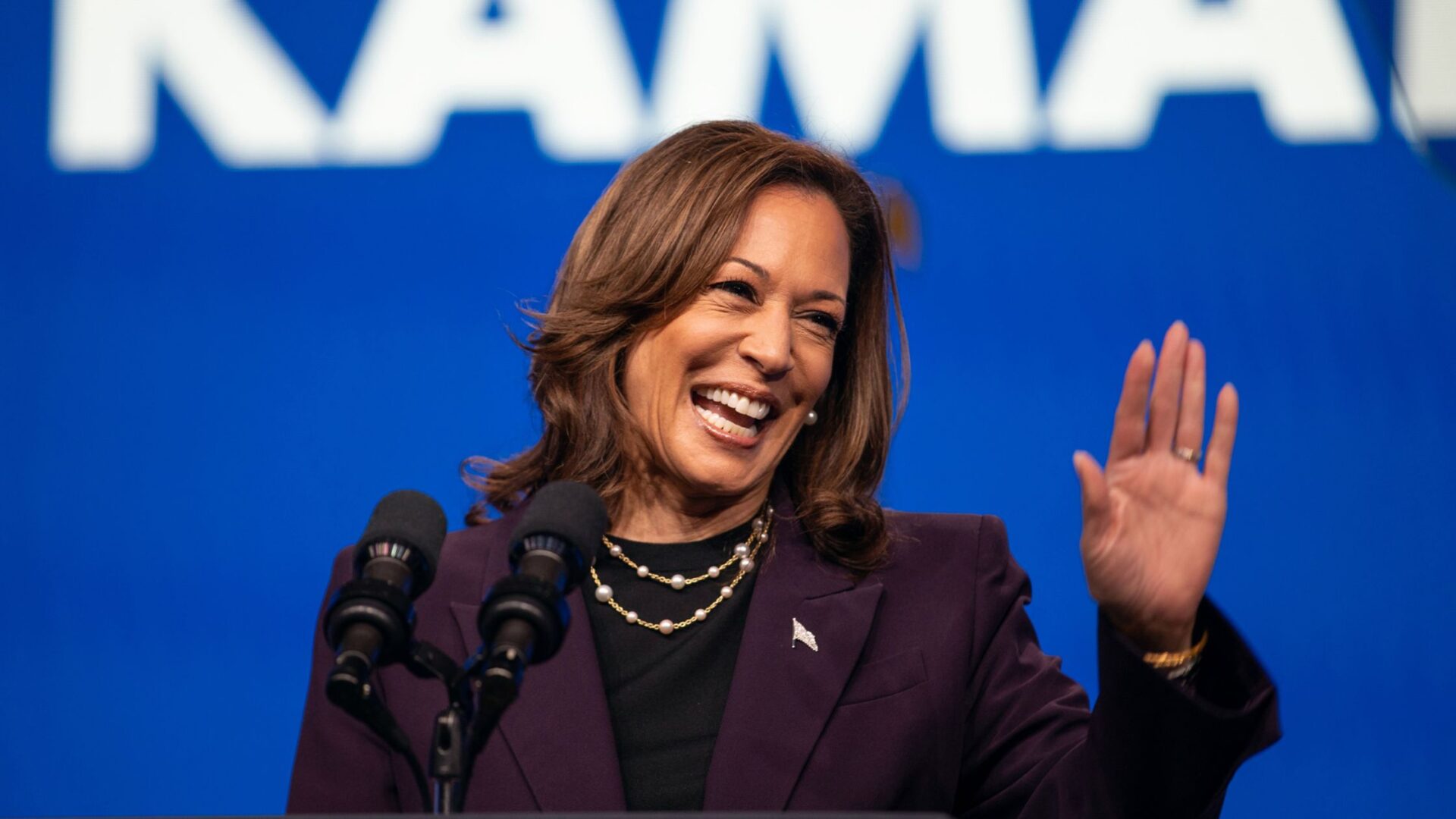Key Takeaways:
– Vice President Kamala Harris advocated for a study into reparations during a radio talk show interview.
– Harris fielded questions about her plans to address the systematic issues facing the African American community.
– Her campaign recently launched a proposal aimed at providing African American men with financial freedom and rights protection.
– Despite this, there is growing criticism over the lack of details on her reparations stance since her nomination as the democratic party’s presidential nominee.
– Polls indicate Harris is slipping within the African American voting block, particularly among African American men.
Harris Addresses Reparations Issue
During an appearance on ‘The Breakfast Club,’ Vice President Kamala Harris discussed openly the need to examine the issue of reparations. She acknowledged the ongoing disparities that black Americans face daily, stating her clear view on the problem our nation needs to confront.
Harris took questions from listeners in a townhall-style interview. A significant query came from Zeek Williams, a local grassroots group founder. He questioned Harris about reparations, pressing on the racial inequalities and lack of resources seen in poor black communities across the nation. He asked Harris how she plans to address these pivotal issues, and what specifics would be done for the black communities.
A New Proposal Revealed
In reply, Harris reiterated her commitment both to all Americans and specifically to confronting the challenges affecting the black community. A part of her larger initiative is the new proposal her campaign released. This proposal intends to equip black men with the resources they need to achieve financial freedom, afford necessities, and secure their rights.
The proposal spotlights key areas such as housing, tax deductions, loans for black-owned small businesses, and health care specifically for black men. Harris strongly believes studying reparations is undeniably needed, and she has been consistent in maintaining this position.
Criticism and Falling Polls
Despite clear communication, Harris has faced criticism for not providing detailed plans on reparations during her campaign and her time in the senate. This criticism has gained momentum since she became the Democratic Party’s presidential nominee. Recent polls have shown a decline in Harris’ support, particularly with black male voters.
In an effort to regain support, the Harris campaign organized a rally in Pennsylvania. Here, former President Barack Obama implored black men to back the Democratic candidate. He shared a backstage warning of Harris’ lagging ‘turnout’ numbers among the black community.
Support Shift and Current Trends
Recent survey data shed light on the shifting support base. Howard University Initiative on Public Opinion data reveals Trump’s support among black men rose to 16%. A separate poll from the NAACP in September indicated that over a quarter of young black men would support Trump over Harris.
With the election drawing nearer, polling data from Michigan, a critical swing state, adds more tension to the race. RealClearPolling shows Trump marginally ahead by a single point, with 48.4% support against Harris’ 47.4%.
Despite these challenges, Vice President Kamala Harris remains determined in her commitment to all Americans but especially to addressing the unique issues facing the black community. A central point in her agenda includes studying the reparations issue, which could have potential implications on her standing in the crucial black voting bloc.
